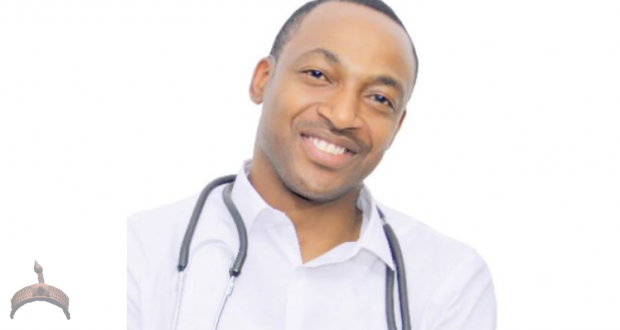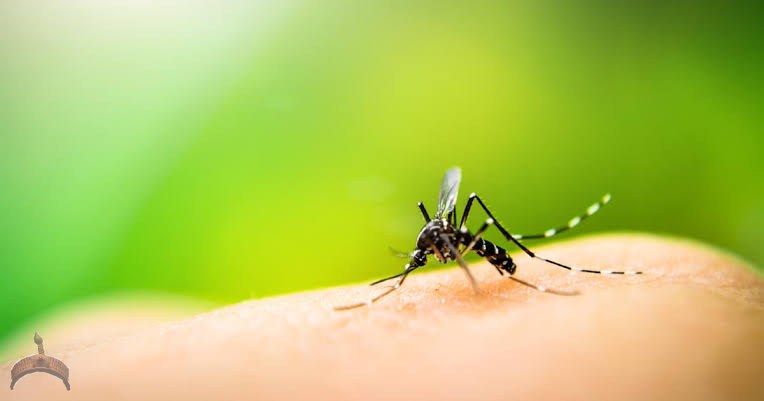Doctor Kenneth Egwuda is a young Gynaecologist and an In Vitro Fertilisation (IVF) specialist based in Jos the Plateau State capital. He won the World Health Organisation (WHO) Award in 2016 for the successes in treating infertility cases. He spoke about the feat in this interview with YOUTHVILLE.
What is IVF and what is its medical significance?
In Vitro Fertilisation (IVF) is a series of fertility treatment aimed at fertilising the woman’s egg outside the human body. It is a technology that enables gynaecologists or scientists to treat the infertile couple whereby eggs gotten from the woman and the sperm from the man are fertilized outside in the test tube. After fertilization and the baby is formed within three to five days, the baby is transferred to the mother’s womb and she is able to achieve pregnancy by these means.
What is your most historic IVF treatment so far? We made history in Jos in 2016 when we delivered a 63 year old Mrs Margaret Davou of a baby boy through a caesarean section. She is the oldest woman to have a baby through IVF in Africa after 38 years of a childless marriage. God decided to favour this woman because based on her age, 63, many would have doubted the success of the treatment but we did it and God made it successful. When I did the treatment, I was the youngest Doctor to achieve this feat. Thereafter, I won the best Doctor Award in Plateau State given by the World Health Organisation (WHO) in 2016. Is Mrs Davou’s case your fist treatment? No. I am a pioneer IVF specialist in Plateau, Kano, and Niger state, and I have also worked in several centres in Abuja. But that of Mrs Davou is very spectacular because for a woman of her age, and the first in Africa, to successfully pass through this is remarkable. Where did you acquire your knowledge in IVF? I got my training in Nigeria, UK, Italy, Germany and India. I then founded the ALPS Diagnostics Hospitals in Rayfield, Jos. IVF treatment appears too scientific. How acceptable is it in the society? Nigeria’s problem sometimes is religion because there is a lot of hitch coming from there. Religious people think that science is trying to play God, but my advice is that they should consider God trying to help mankind through the advent of science. They should play down their culture as well. The fact that fertilization is done outside the womb does not mean that the eggs were created by the Doctor. Eggs are taken from the woman ovary and the sperm from the man. Only that the couple do not have a meeting point. The meeting point is created outside as an alternative, but the baby is developed in the mother’s womb and is delivered by the mother. Is there any global IVF story to corroborate your domestic treatment? Yes. Since the birth of the first test tube baby, Louise Brown, in 1978 after her mother received IVF treatment leading to natural-cycle IVF without stimulation, a clinical and professional collaboration by microbiologists, biochemists, anatomists, and other players have advanced the cause of assisted reproductive technology phenomenally. In effect, the future of microbiology and biochemistry and allied disciplines is very positive
 Ọmọ Oòduà Naija Gist | News From Nigeria | Entertainment gist Nigeria|Networking|News.. Visit for Nigeria breaking news , Nigerian Movies , Naija music , Jobs In Nigeria , Naija News , Nollywood, Gist and more
Ọmọ Oòduà Naija Gist | News From Nigeria | Entertainment gist Nigeria|Networking|News.. Visit for Nigeria breaking news , Nigerian Movies , Naija music , Jobs In Nigeria , Naija News , Nollywood, Gist and more









